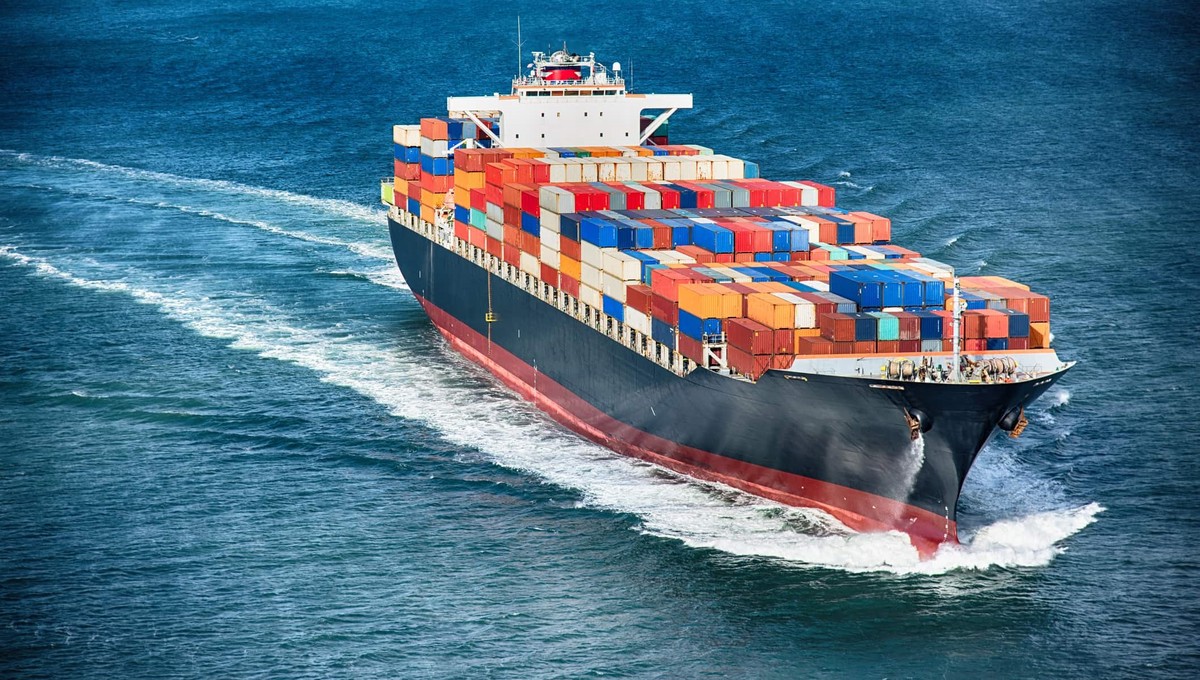MEPC 82: Trade bodies urge the IMO to review CII
BIMCO and other shipping organisations have urged the IMO to amend the current CII regulation at the upcoming MEPC 82.
 PHOTO: Getty images
PHOTO: Getty images
The International Maritime Organization's (IMO) Carbon Intensity Indicator (CII) regulation measures how efficiently a ship transports goods or passengers. It is expressed in grams of carbon dioxide (CO2) emitted per mt of cargo and nautical mile. Ships are rated annually from A to E (A being the highest). The rating criteria will become stricter by 2030.
The joint statement highlights a potential flaw in the CII metric, noting that a ship consistently operating in ballast condition without carrying any cargo will have the "best Annual Efficiency Ratio (AER)" under the current CII metric. “The current metric therefore penalises efficiently-operated ships carrying cargo, while favouring empty ones.”
In addition, the current CII metric punishes ships for staying in ports for prolonged periods, even when they have no control over the duration of their port calls, according to the statement. “The duration of port calls depends on the efficiency and limitations of the port and some ports and terminals suffer severe congestion,” it argues.
Noting these flaws, multiple trade organisations have called on the IMO to review and revise its current CII regulation at the Marine Environment Protection Committee's (MEPC) upcoming session in September. The MEPC will meet for its 82nd session between 30 September and 4 October.
The joint statement has been penned by BIMCO and other trade organisations, including the International Association of Independent Tanker Owners (Intertanko), the International Association of Dry Cargo Shipowners (Intercargo), the Cruise Lines International Association (CLIA), the International Chamber of Shipping (ICS) and the ship managers' organisation Intermanager.
“A one-size-fits all instrument, as the CII is currently designed, has inherent flaws that works against its intended purpose of supporting our collective objective of reducing GHG emissions across the maritime industry,” says the statement.
By Konica Bhatt
Please get in touch with comments or additional info to news@engine.online





